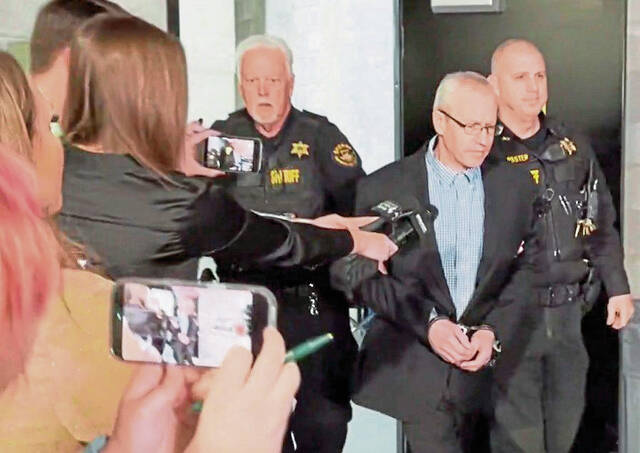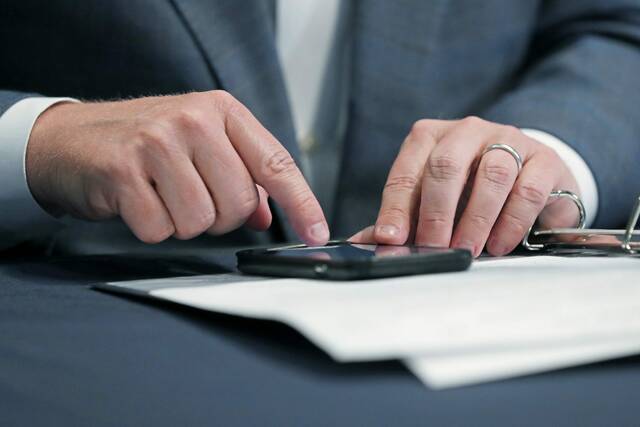In 1861, Pennsylvania took steps to protect its citizens from potential fraud.
It outlawed fortune telling.
Whether you were prognosticating with tarot cards or crystal balls or any of the popular means of the day, charging people money to tell them the future was deemed illegal. Break the law, and it could land the perpetrator in jail.
This wasn’t a Salem witch trials kind of glimpse into the past. The state Legislature has updated the rules twice, most recently in 1972, according to Spotlight PA.
A Hanover shop owner is challenging that. Beck Lawrence of The Serpent’s Key offers tarot readings at her “witchery and apothecary” alongside candles and crystals, books and bath products. She has filed a federal lawsuit opposing the state statute on First Amendment grounds.
There could be an argument that restricting the activity intrudes on religious practices of Wiccans and others. Is paying for a palm reading really that different from offering money to a televangelist promising prosperity?
But while the witchy aspect of the story may draw attention so close to Halloween, there’s another seasonal parallel to draw.
Every political eye in the country is focused on Pennsylvania right now. Everyone wants to know the future — and that future isn’t divined through a deck of cards or the stars in the sky. It’s found in the map of the 67 counties of the country’s largest swing state. It’s in the millions of Keystone State voters and 19 electoral votes.
Polls are conducted by major news organizations such as The New York Times and network news. Some are by analytics companies like Gallup or think tanks like Pew Research Center. Others are by colleges such as Quinnipiac University or Franklin & Marshall College.
Every pollster is making money predicting what will happen Nov. 5 and who will be sworn in as president Jan. 20.
Why does the state permit political prognostication but not personal guidance? Is it because the people who make the rules also run for office and have a vested interest in certain kinds of fortune telling?
The fact is, when local government warned Lawrence that she could be penalized for her tarot readings, they weren’t quite right. The act of telling fortunes isn’t exactly what is illegal in Pennsylvania. The statute specifically outlaws pretending to read the future for money.
In other words, what is illegal isn’t the crystal ball or the zodiac chart. It’s fraud — like stringing along a desperate widow with promises of messages from her dead husband for more and more money — that was restricted.
The polling isn’t fraudulent. It’s perfectly legal. It is giving people information to help them decide what comes next and what their next steps should be.
So maybe a little well-intended fortune telling could be OK in Pennsylvania, too.








